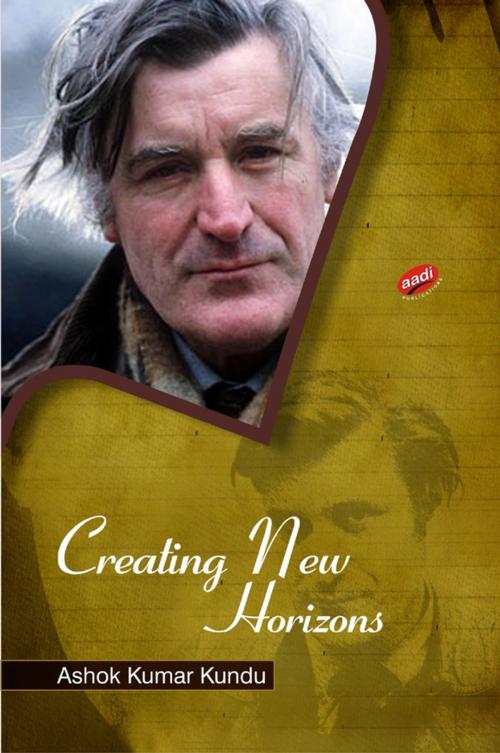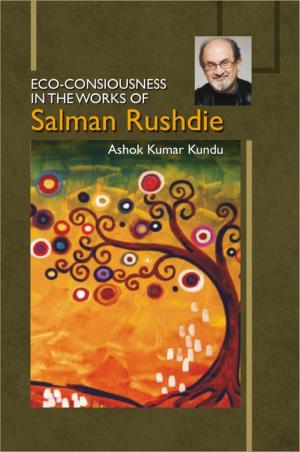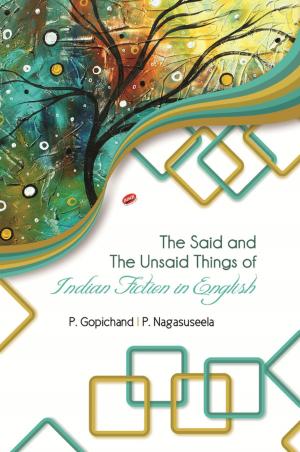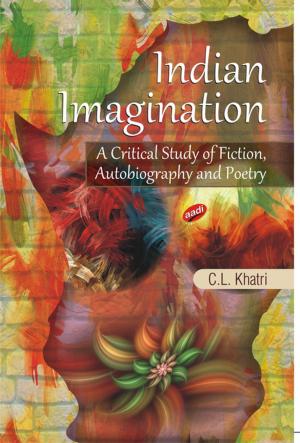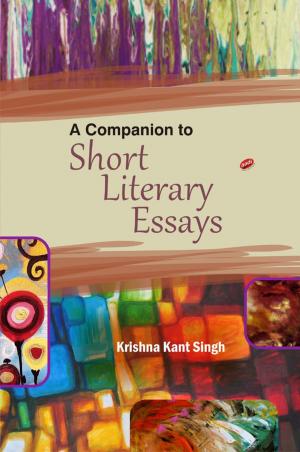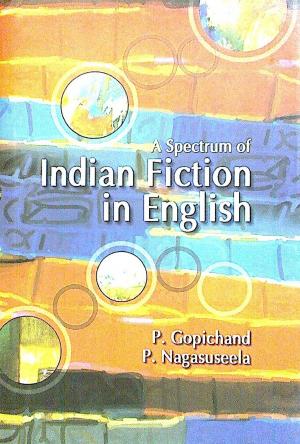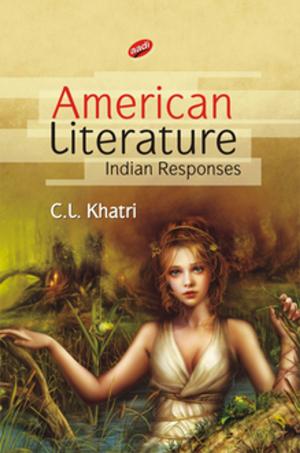Ted Hughes
Creating New Horizons
Fiction & Literature, Literary Theory & Criticism, Asian, South & Southeast Asian| Author: | Ashok Kumar Kundu | ISBN: | 9789385484223 |
| Publisher: | Aadi Publications | Publication: | June 30, 2013 |
| Imprint: | Aadi Publications | Language: | English |
| Author: | Ashok Kumar Kundu |
| ISBN: | 9789385484223 |
| Publisher: | Aadi Publications |
| Publication: | June 30, 2013 |
| Imprint: | Aadi Publications |
| Language: | English |
The present book is an attempt to explore Ted Hughes' extraordinary abilities as a shamanic poet. He carries with him healing powers like a shaman and believes that a poet can lead his readers to a world of peace, happiness and bliss through the rhythms of his poetry. Hughes' endeavours, in this respect, reflect the teaching of all gnostic texts. All maintain the importance of re-union with the Source for healing, revival and redemption of life. All confirm that there is no easy way that this can be achieved: the only way is through repeated sacrifice, suffering, humility and love. This is the path that the epic heroes tread: and this is the path Hughes has chosen for himself. Despite the clear influence of Eastern philosophies in some of Hughes' poetry, his path is not the Eastern mystic's path of retreat inwards, away from reality, but the very Western path of confrontation with the Energies: a confrontation which is, however, presented in Hughes' poetry as an inward journey. Hughes shows his grasp and through knowledge of mankind's universal literatures and myths ranging from Eskimo songs to Chilean folktales and from the Nibelungenlied to the Bardo Thodol. He shows his deep understanding of Indian mythologies when he praises R.K.Narayan's collection of tales from the Ramayana, Mahabharata and other sources "in the immense Indian reserves" as the "best retellings of Indian tales" from among the "some hundreds" he has read. T.S. Eliot believed that only a "continued veneration of our ancestors ..in the literatures of Greece, Rome and Israel" could prevent the decline of the West. After the death of Sylvia Plath, Hughes search for a new spiritual basis began to diversify its perspectives. Paralleling similar pursuits among his contemporaries, the inquiries into non-Western and primitive culture now gained momentum from kindred forays into those borderline areas of modern scientific research which suggest the need for a new understanding of man and nature. It is here that physics, anthropology, ecology, ethology and parapsychology have held Hughes' consistent interest while his search amongst the rare texts of primitive myth, poetry and folklore intensified as his poetry turned more and more mythical. His knowledge of shamanic tradition and their powers invite Hughes to search for them in the remote uninhabited parts of Britain. Book will be useful to the students and teachers of English Literature as it explores the shamanic knowledge inherent in Hughes' poetry. It also examines the poet's ability to bring healing into a meaningless world.
The present book is an attempt to explore Ted Hughes' extraordinary abilities as a shamanic poet. He carries with him healing powers like a shaman and believes that a poet can lead his readers to a world of peace, happiness and bliss through the rhythms of his poetry. Hughes' endeavours, in this respect, reflect the teaching of all gnostic texts. All maintain the importance of re-union with the Source for healing, revival and redemption of life. All confirm that there is no easy way that this can be achieved: the only way is through repeated sacrifice, suffering, humility and love. This is the path that the epic heroes tread: and this is the path Hughes has chosen for himself. Despite the clear influence of Eastern philosophies in some of Hughes' poetry, his path is not the Eastern mystic's path of retreat inwards, away from reality, but the very Western path of confrontation with the Energies: a confrontation which is, however, presented in Hughes' poetry as an inward journey. Hughes shows his grasp and through knowledge of mankind's universal literatures and myths ranging from Eskimo songs to Chilean folktales and from the Nibelungenlied to the Bardo Thodol. He shows his deep understanding of Indian mythologies when he praises R.K.Narayan's collection of tales from the Ramayana, Mahabharata and other sources "in the immense Indian reserves" as the "best retellings of Indian tales" from among the "some hundreds" he has read. T.S. Eliot believed that only a "continued veneration of our ancestors ..in the literatures of Greece, Rome and Israel" could prevent the decline of the West. After the death of Sylvia Plath, Hughes search for a new spiritual basis began to diversify its perspectives. Paralleling similar pursuits among his contemporaries, the inquiries into non-Western and primitive culture now gained momentum from kindred forays into those borderline areas of modern scientific research which suggest the need for a new understanding of man and nature. It is here that physics, anthropology, ecology, ethology and parapsychology have held Hughes' consistent interest while his search amongst the rare texts of primitive myth, poetry and folklore intensified as his poetry turned more and more mythical. His knowledge of shamanic tradition and their powers invite Hughes to search for them in the remote uninhabited parts of Britain. Book will be useful to the students and teachers of English Literature as it explores the shamanic knowledge inherent in Hughes' poetry. It also examines the poet's ability to bring healing into a meaningless world.
